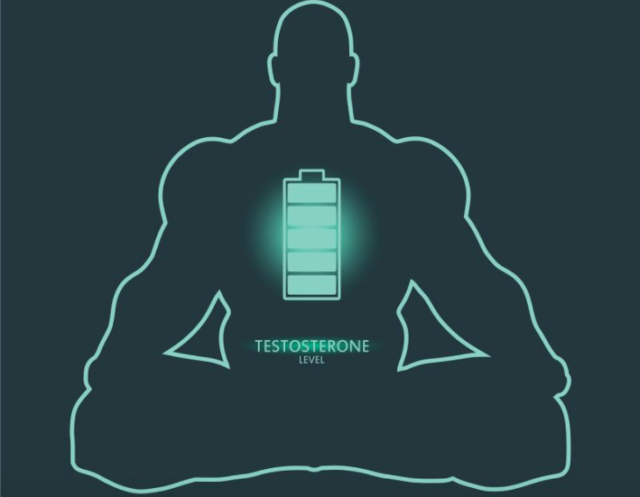Lack of testosterone is bad for your health. How to determine and increase its level in the body

Testosterone: functions in the body
Testosterone is the main sex hormone produced by the sex glands: the testes in men, the ovaries in women, and the adrenal
cortex. For many, testosterone is associated with the sex hormone, but it is also responsible for bone and muscle development, mood, and overall well-being. In the female body, testosterone affects the distribution of adipose tissue, regulates libido and sexual health, and is responsible for the maturation of the follicle during ovulation. Reduced levels in men can affect sexual function, fertility, excess weight, and depressive mood.
After 25 years in the male body, testosterone levels decrease, which can lead to health problems. Deficiency of the hormone affects a decrease in sex drive, erectile dysfunction, constant fatigue, bad mood, deterioration in attention and concentration, excess weight, anemia, and a decrease in bone density. Among girls, this is manifested by a lack of libido, depressed mood, and overwork.
Testosterone: the norm in the body
There are various methods for testing testosterone, but they are not standardized enough. When using most methods, in men aged 18 to 50 years, the value of total testosterone in the blood is considered to be 11-33 nmol / l, in women – 0.24-3.8 n mol / l. But it is better to determine its indicators in saliva: it is there is a free state.
It is important to remember that testosterone levels vary with age, lifestyle, physical activity, diet, medication, and so on. It is imperative that you do not take additional medications without consulting your doctor. Side effects can hit the body and lead to hypersexuality, harsh voice, excess facial and body hair.
Testosterone: how to increase
- Be dynamic.
Lead an active lifestyle, play sports, add any activity to the schedule, consistently exercise, minimize a sedentary lifestyle. It is advisable to attend strength training and work with weights.
- Choose food that is good for the body.
Monitor the balance of proteins, fats and carbohydrates, eat more fiber and salads, try not just to “fill” your stomach, but choose foods that will have a positive effect on your health. Do not overeat, but also do not sit on rigid diets: everything should be balanced.
Eat seafood, eggs, herbs, poultry, fruits and vegetables, nuts and seeds, salmon, fresh or canned tuna, olives, vegetable oils, natural peanut butter, ginger, celery, cranberries, pomegranate, saffron, figs, cruciferous, add to food spices and bitter herbs. It is advisable to include avocados in the diet – healthy fats in the fruit are the basis for the synthesis of testosterone.
Store-bought meat and milk can contain steroids and artificial growth hormones: you should be careful and buy farm products or products from health food stores. It is also important to gradually reduce your body fat percentage. It is he who contains aromatase – a substance that converts male testosterone into female estrogen. Because of this, testosterone levels are greatly reduced.
- Minimize stress
It is clear that in modern conditions the recommendation seems less feasible, but it is important to try for the sake of your own health. Stress raises cortisol at lightning speed, which triggers a drop in testosterone because both hormones are interconnected.
You can consult with an endocrinologist, take tests for the indicators of magnesium in the body, and then drink this trace element in the right dosage. Magnesium is a natural tranquilizer and anti-stress mineral that, when consumed consistently, reduces stress levels in the body.
- Drink vitamins
But only after consulting a specialist. The formation and synthesis of testosterone is influenced by zinc, selenium, magnesium, calcium, vitamins A, B, C, D, E.
- Get enough sleep.
Every extra hour of sleep increases testosterone levels. Thus, a full eight-hour sleep can solve many health problems, because the body has time to rest, activate all processes and recover. If possible, you should fall asleep before midnight so as not to provoke cortisol, the stress hormone.
- Eliminate or reduce bad habits.
Frequent use of alcohol, nicotine and other harmful drugs leads to a decrease in testosterone levels in the blood.